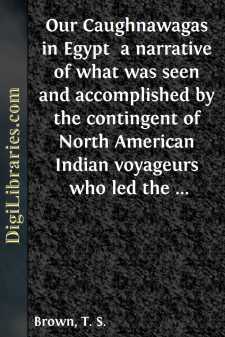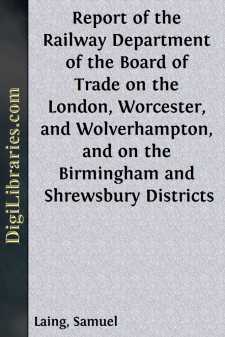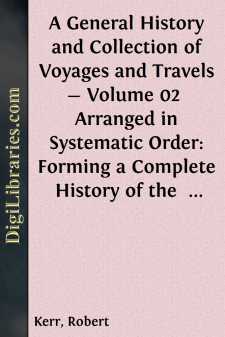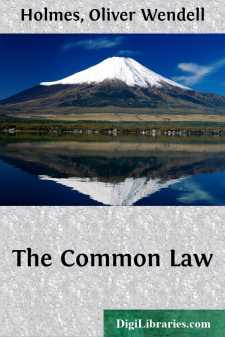Categories
- Antiques & Collectibles 13
- Architecture 36
- Art 48
- Bibles 22
- Biography & Autobiography 813
- Body, Mind & Spirit 142
- Business & Economics 28
- Children's Books 17
- Children's Fiction 14
- Computers 4
- Cooking 94
- Crafts & Hobbies 4
- Drama 346
- Education 46
- Family & Relationships 57
- Fiction 11829
- Games 19
- Gardening 17
- Health & Fitness 34
- History 1377
- House & Home 1
- Humor 147
- Juvenile Fiction 1873
- Juvenile Nonfiction 202
- Language Arts & Disciplines 88
- Law 16
- Literary Collections 686
- Literary Criticism 179
- Mathematics 13
- Medical 41
- Music 40
- Nature 179
- Non-Classifiable 1768
- Performing Arts 7
- Periodicals 1453
- Philosophy 64
- Photography 2
- Poetry 896
- Political Science 203
- Psychology 42
- Reference 154
- Religion 513
- Science 126
- Self-Help 84
- Social Science 81
- Sports & Recreation 34
- Study Aids 3
- Technology & Engineering 59
- Transportation 23
- Travel 463
- True Crime 29
Our Caughnawagas in Egypt a narrative of what was seen and accomplished by the contingent of North American Indian voyageurs who led the British boat Expedition for the Relief of Khartoum up the Cataracts of the Nile.
by: T. S. Brown
Description:
Excerpt
PREFACE.
The Indians of Caughnawaga are an offshoot from the Mohawks, one of the divisions of the Six Nations, formerly in pseudo occupation of western New York, and known to the French by the general name of Iroquois. Long before the cession of this Province to Great Britain, they were settled at the head of the rapids of the St. Lawrence opposite Lachine, on a tract of land ten miles square, or 64,000 acres held in common, but lately separated into lots to be divided among the people as individual property.
Contrary to what has been the too common fate of aborigines brought into close contact with foreigners, the Caughnawagas, with some mixture of white blood, have maintained throughout, their Indian customs, manners and language, with the manhood of their ancestors, in an alertness, strength and power of endurance where-ever these qualities have been required: in the boating or rafting on our larger rivers and the hardships of Voyageurs in the North-West.
As a high tribute to this known excellence, the call for Canadian Voyageurs to assist in the boat navigation of the Nile was accompanied by a special requirement that there should be a contingent of fifty Caughnawagas. They responded quickly to the call, performed the task committed to them in a manner most satisfactory as described in these pages, and returned to their homes at the end of six months, after a voyage of more than 12,000 miles, sound and resolute as when they started, with the loss of but two men.
There is something unique in the idea of the aborigines of the New World being sent for to teach the Egyptians how to pass the Cataracts of the Nile, which has been navigated in some way by them for thousands of years, that should make this little book attractive to all readers, especially as it is written by one born and bred in Caughnawaga, who, with the quick eye of an Indian, has noticed many things unnoticed by ordinary tourists and travellers.
It is written in a most excellent spirit that might wisely be imitated by other travellers. The writer finds no faults, blames nobody, and always content, is generous in his acknowledgments for every act of kindness and proper consideration shown to him and his party, by Her Majesty's Officers of all ranks in command of the expedition. It was written off-hand and goes forth to the public as it came from the pen of the writer, to be judged in its style and the matter contained, by no standard but its own.
Montreal, April, 1885.
When it was made known by Lord Melgund in the early part of September, 1884, that it was the express desire of General Lord Wolseley to have Caughnawaga Indians form part of the Canadian Contingent, the required number was soon obtained, in spite of discouraging talk and groundless fears. Having been introduced to Lord Melgund, I agreed to go and look after the Caughnawaga boys, although then busily engaged in securing my crops. I, with a number of others reached the "Ocean King" at Quebec, having been left behind in Montreal through incorrect information given me by one of the ship's officers as to the time of sailing....








